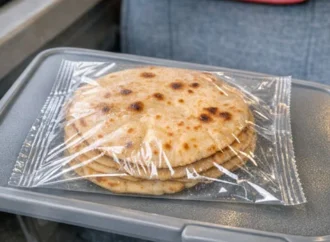Key Update
The Delhi government directed all government, aided, and recognised private schools to actively educate students about processed foods, food safety, and the risks of unhealthy diets. In a recent circular, the Directorate of Education asked schools to proactively raise students’ awareness of both the benefits and drawbacks of processed foods.
Delhi schools must now inform students that food processing can enhance taste, improve safety, extend shelf life, and reduce food wastage. However, they must also warn that excessive consumption of ultra-processed foods—especially those high in sugar, salt, and fat—can harm health. The circular urges educators to explain the connection between such foods and lifestyle-related health issues.
PM Modi’s Appeal Spurs Action on Healthy Lifestyles
Prime Minister Narendra Modi encouraged citizens to reduce their intake of oil and unhealthy foods during his June 29 Mann Ki Baat address. He emphasised adopting healthier lifestyle choices to combat obesity and improve overall well-being. The Directorate of Education echoed this message in its directive to schools, prompting this initiative.
‘Bagless Days’ to Educate Students on Food Safety
The government instructed schools to use ‘bagless days’—special days when students don’t attend regular classes—for hands-on learning. On these days, teachers should educate students about food adulteration, pesticides, fertilisers, and common additives found in processed foods sold in the market. These sessions aim to build students’ critical thinking skills and encourage informed consumption.
Teaching the Science Behind Food Processing
The circular encourages schools to teach students the scientific principles of food processing. Educators should explain food preservation techniques, recent innovations in the sector, and the nutritional impacts of these processes. This knowledge will help students make healthier food choices, dispel misconceptions, and spark interest in careers related to food science, technology, and nutrition.
Linking Curriculum with CBSE Nutrition Campaigns
Schools must also align their efforts with the Central Board of Secondary Education’s (CBSE) ongoing nutrition awareness campaigns. The Directorate noted that the Department of School Education and Literacy already advised a 10% reduction in oil consumption across all states and Union Territories. Schools should reinforce this target through practical education and awareness.
To ensure accountability, the Directorate requires all school heads to submit an Action Taken Report. This report must detail the awareness activities they conducted following the directive and reach the Health and School Branch by September 20.
 Food Manifest
Food Manifest 


















